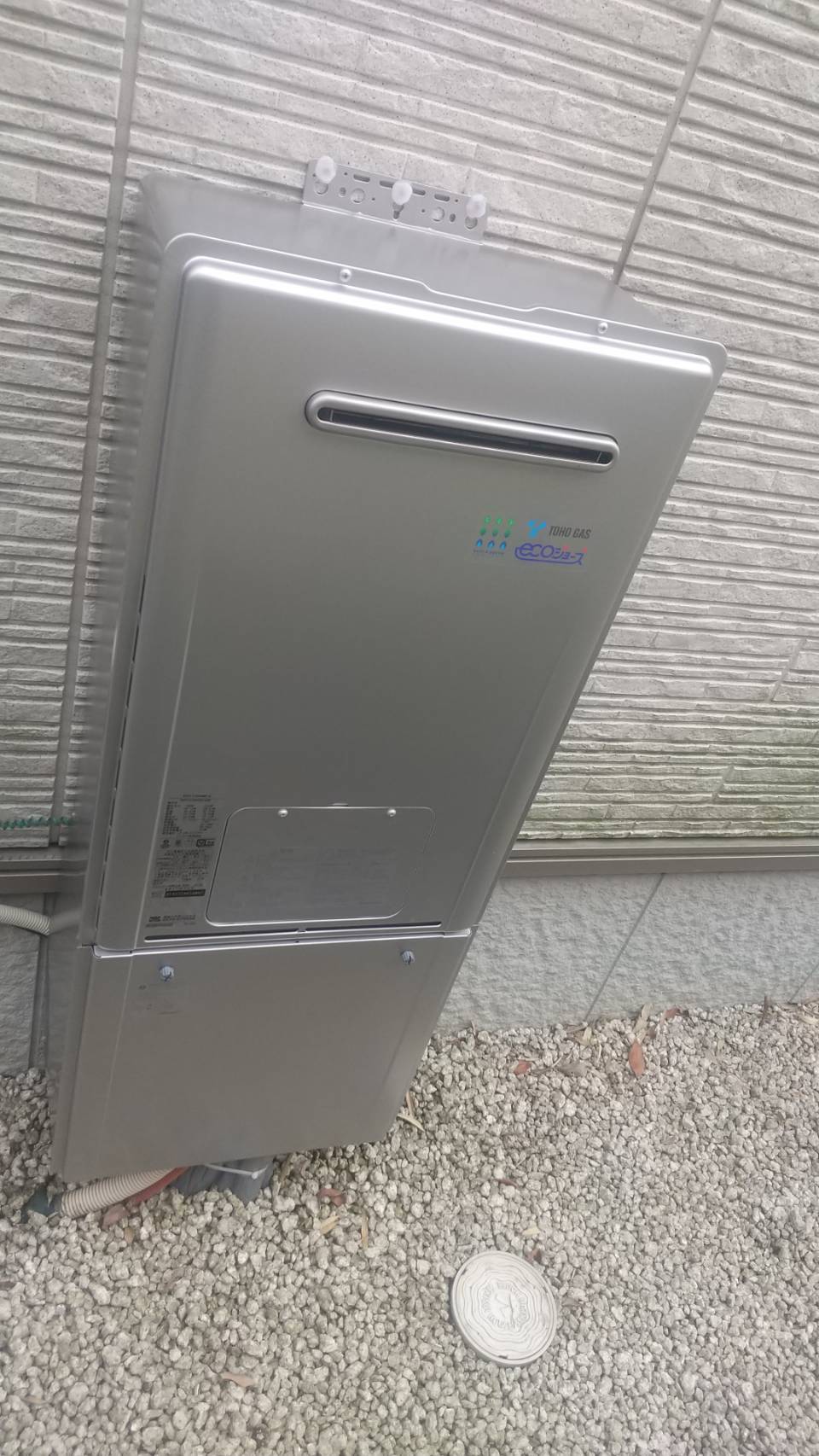| 작성자 | Helaine | 작성일 | 2025-09-12 09:00 |
|---|---|---|---|
| 제목 | Dispose an Old Water Heater Safely | ||
| 내용 |
본문Water Heater Recycling and Disposal Guidelines water heater recycling and disposal instructions Water heaters are a key component of any home’s heating system, but when they reach the end of their useful life they pose environmental and safety challenges if not handled properly. Proper recycling and disposal protect the environment, cut hazardous waste, and may even save homeowners money. Below is a practical guide outlining why recycling matters, what the regulations entail, and how you can safely dispose of an old water heater. Why recycle a water heater? A typical residential water heater holds roughly 20–25 gallons of metal, primarily iron or steel, with a modest amount of copper in the heating element. The tank also holds a mixture of water, oils, and occasionally refrigerants. When a water heater is dumped in a landfill, the metal can leach into groundwater, and the leftover chemicals can contaminate soil and surface water. Recycling the metal lessens the demand for new raw materials, conserves energy, and lowers greenhouse gas emissions. In many regions, recycled steel and copper are highly valuable, so recycling can offset disposal costs. Legal requirements The U.S. Environmental Protection Agency (EPA) and many state agencies require that oil‑filled or gas‑fueled water heaters be taken to a licensed recycling facility. In certain states, the Department of Environmental Protection or a local waste authority requires that the tank be drained of water and oil prior to transport. Certain municipalities also have "take‑back" programs for old appliances, so it pays to check local ordinances before you haul a unit away. Safe disposal steps How to find a recycler Not every town offers a dedicated water heater recycler. First, search online for "water heater recycling near me" or "appliance recycling center." Call ahead to confirm that they accept water heaters, what type of units they will take (gas, electric, oil), and whether they accept the tank only or the whole unit. Many big appliance stores or home improvement chains partner with recyclers, so it's worth asking when you purchase a new heater. Steps if no recycler is available • Remove the tank and bring it to a scrap metal yard. Even if the yard only accepts metal, it’s still better than sending it to landfill. Frequently asked myths Homeowner tips • Arrange disposal before purchasing a new unit. This ensures a clear timeline and avoids a buildup of old equipment. Final thought Recycling or properly disposing of an old water heater is a small yet significant action that protects the environment, supports a circular economy, and keeps your home safe. By following the steps above, you can ensure that the metal and other materials in your old heater are returned to the planet in a productive way, rather than becoming a landfill burden.  |
||
관련링크
본문
Leave a comment
등록된 댓글이 없습니다.








